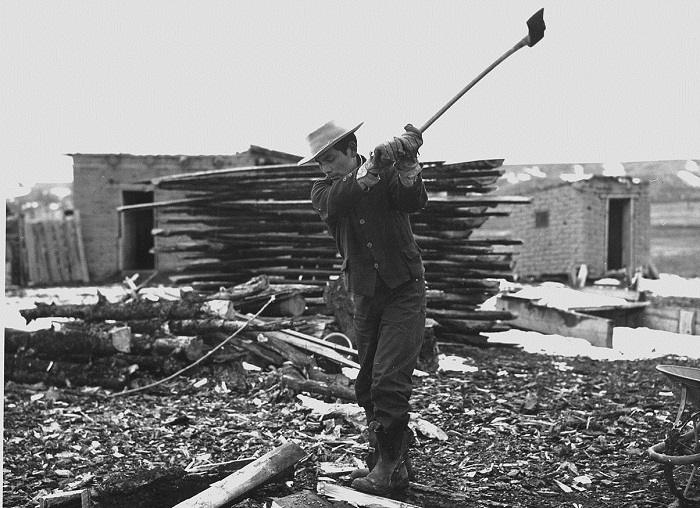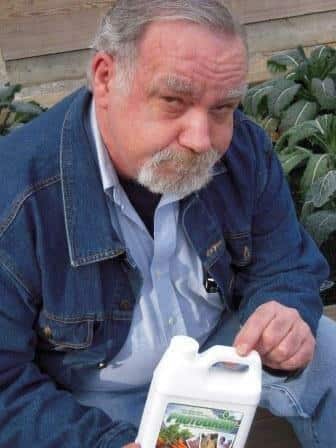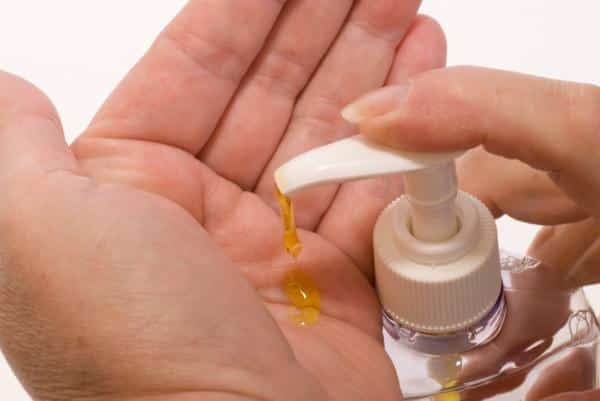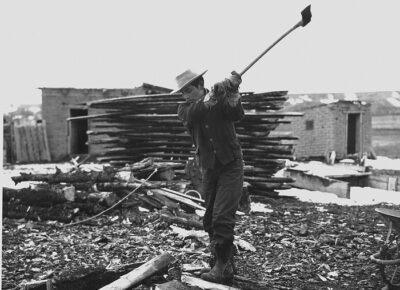
My great-grandfather was a logger in Michigan during the 1890s. It was tough, physical labor, and his physical condition was excellent.
There are descriptions of lumberjacks having muscles like ropes on their backs. He ate locally sourced foods, both vegetable and livestock. He lived a long, happy and healthy life, and in many ways was healthier than we are today. That is, in spite of his lack of knowledge about bacteria and infections.
Consider the Civil War. For every man who died in battle during the American Civil War, two men died from infection or disease. Surgeons would amputate the leg of a man infected with gangrene, and then use the same instruments unwashed or sterilized to perform the next amputation. There were no antibiotics like penicillin, but the most basic sanitary practices would have prevented most of the infections and transmissions of disease.
Could This All-Natural ‘Detox’ Capsule Have Extended John Wayne’s Life?
Something as simple as boiling water or vinegar could have halted the spread of disease and bacteria from the Civil War days into the early 1900s. But medical science was both ignorant and incompetent at the time. It wasn’t until the work of Louis Pasteur gained widespread acceptance that the role of bacteria was fully appreciated and understood. Even then, information was rarely transmitted to the general public. It was a time with no Internet.
So, how did they survive?
That’s a very good question. Maybe the best answer was the robust physical condition of most people in the 19th and early 20th century. Life wasn’t easy and even though the industrial revolution was promising improvements in how things were built and manufactured, much of life was still a demanding day of physical exertion.
- People often walked for miles to simply get to work, the market and to visit friends and family.
- People bought food – healthy and not processed — at local markets or grew their own foods in gardens.
- Meals were made from scratch using these locally sourced ingredients, and most meals were freshly made.
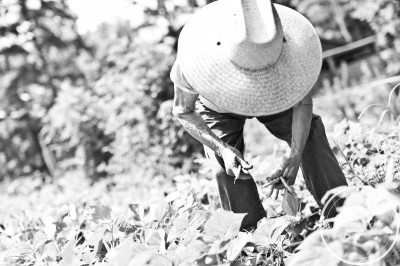
For my logging great-grandfather, breakfast was generous and high in fat. Calories from fat did a lot to provide internal heat in cold weather, and there was no shortage of ham, salt pork, bacon, and venison sausage. Pancakes were also popular, and the availability of Michigan maple syrup made them a regular at every breakfast. Biscuits spread with jam or congealed bacon fat were served with hot, black coffee and pitchers of water. Fried potatoes were also served and occasionally a sweetbread topped with icing and cinnamon found its way to the table. In other words, it was a breakfast that every modern-day nutritionist would have rejected. It was, though, all-natural, and he balanced it later in the day with vegetables. More significantly, he physically exerted himself all day, doing what we would call in the modern vernacular, “exercise.”
Fast, All-Natural Pain Relief With No Nasty Side Effects!
Our ancestors were robust physically and highly resilient psychologically to the many challenges they faced in their day-to-day activities. Unfortunately, they were at the mercy of limited information and knowledge of the severe consequences of bacterial infection and food-borne illnesses. It was their robust physical health that helped them to survive the endless onslaught of disease and bacterial infections.
Today, we’re just the opposite. We depend on medicines to compensate for our general lack of robust physical condition and a healthful diet. We eat processed foods that are high in sodium, artificial flavors and preservatives and that are drenched with artificial colors.
We sit on the couch for hours and watch television while eating potato chips, and then we rush to the doctor to get the latest and greatest high blood pressure medicine. We may have more knowledge about health, but are we truly … healthier?
Perhaps our ancestors knew better than us in a few areas – exercise and all-natural foods are important — and we know more than them in a few other ones (cleanliness and food preservation). They could have learned a few things from us, but we surely can also learn a lot from them.
Do you agree or disagree? Share your thoughts in the section below:
Harness The Power Of Nature’s Most Remarkable Healer: Vinegar


